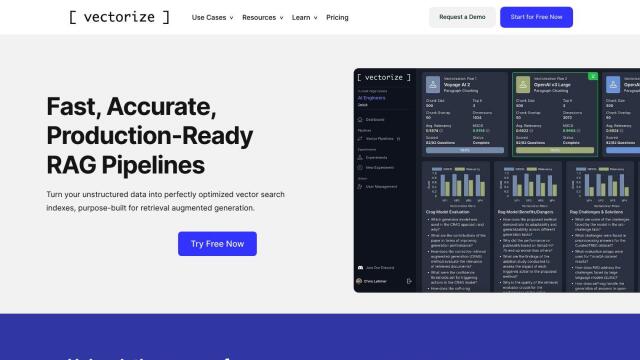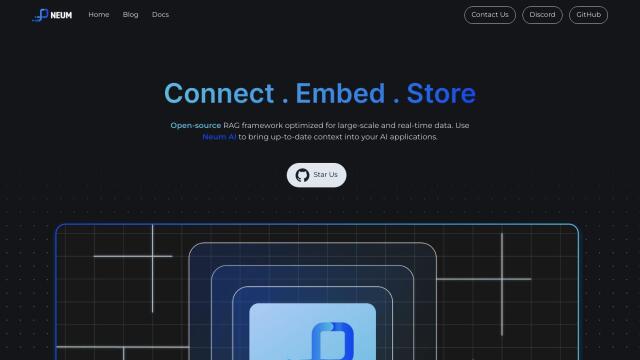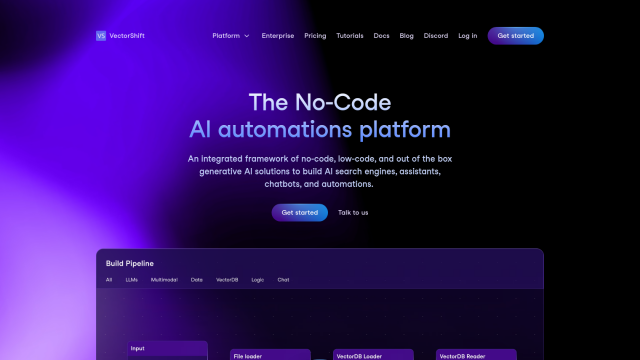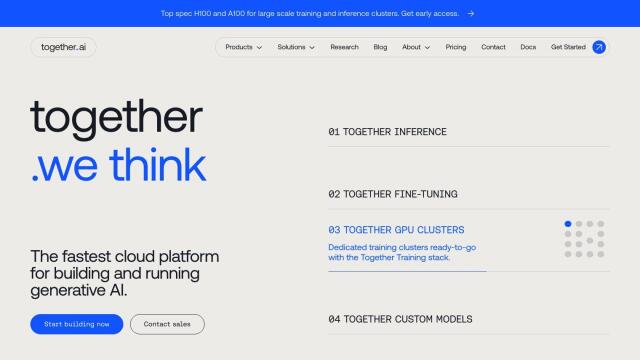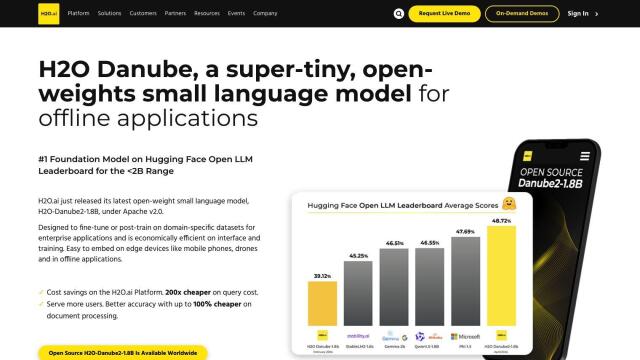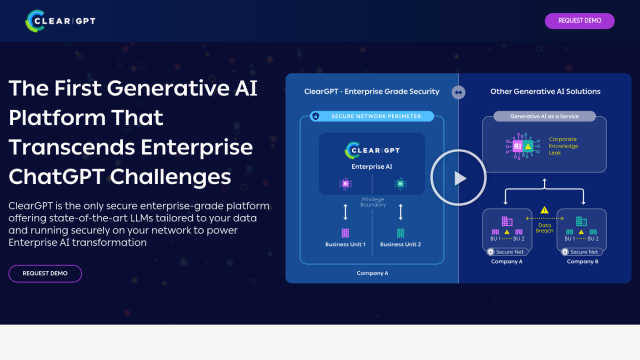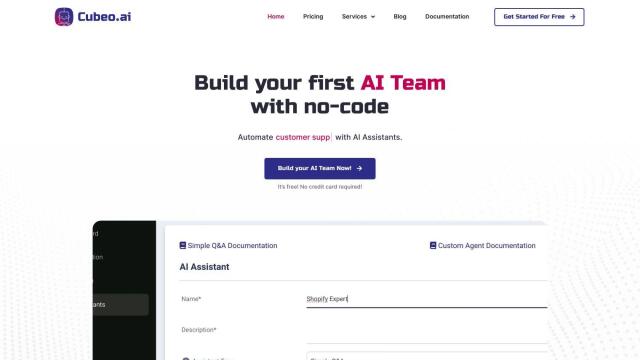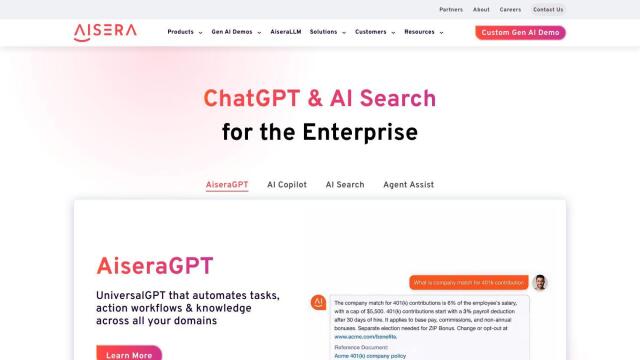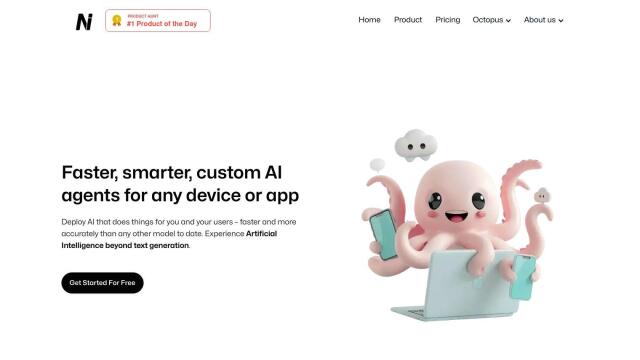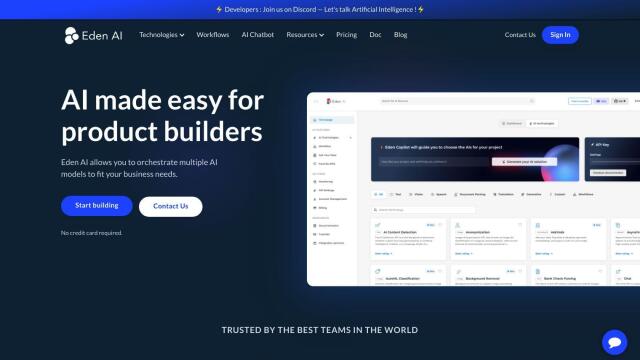Question: Can you recommend a cost-effective solution for building GenAI applications that doesn't require database management?

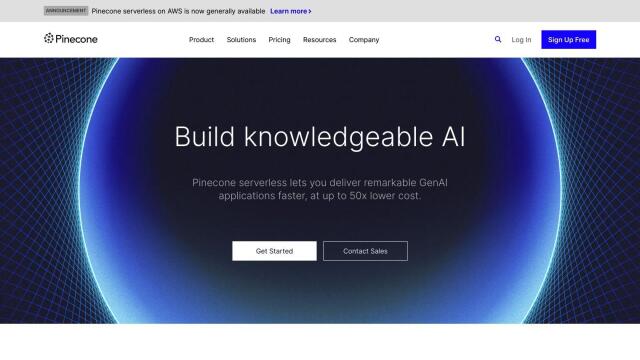
Pinecone
If you're looking for a lower-cost way to build GenAI apps without worrying about databases, Pinecone is a good option. Pinecone is a vector database designed for fast querying and retrieval of similar matches across billions of items. Its serverless design means you don't have to worry about database administration. It offers low-latency vector search, metadata filtering, real-time updates and hybrid search, with an average query latency of 51ms. Pinecone offers a range of pricing tiers, including a free starter plan, so it's a good option for those who want to keep costs low.

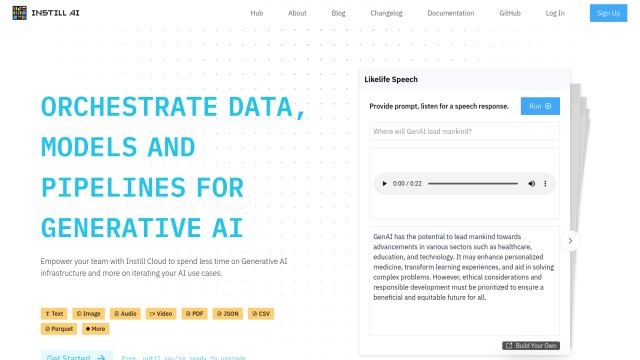
Instill
Another option is Instill, a no-code/low-code AI platform that handles data, models and pipelines for generative AI. Instill is designed to iterate on AI use cases, not infrastructure, with features like speech responses, webpage summarization, visual assistance and SEO article generation. It offers a drag-and-drop interface for custom pipelines and supports open-source components. With tiered pricing options, including a free plan, Instill lets you add AI abilities without a lot of infrastructure complexity.

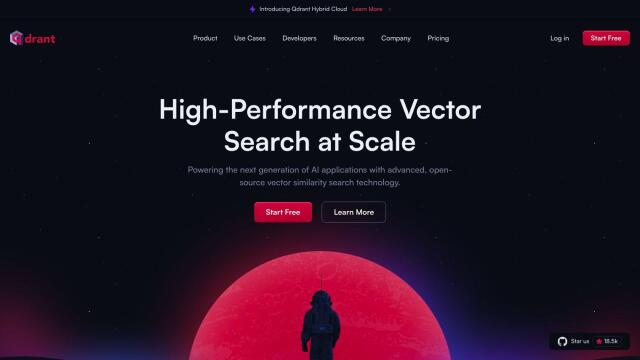
Qdrant
For those who want an open-source option, Qdrant is a good option. Qdrant is designed for fast and scalable vector similarity searches and offers cloud-native scalability and high availability. It can handle high-dimensional vectors and can be integrated with leading embeddings and frameworks. With flexible pricing plans, including a free tier for a 1GB cluster, Qdrant is a cost-effective way to deploy powerful AI applications.

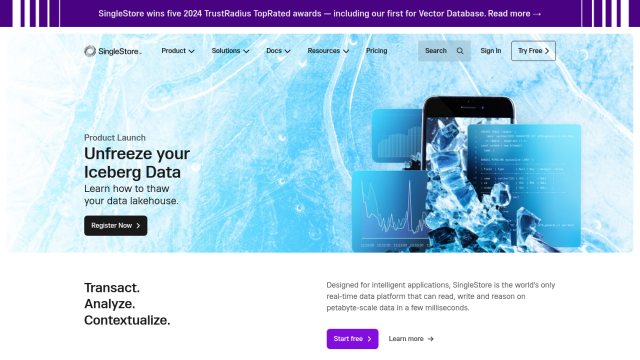
SingleStore
Last, you could look at SingleStore for a real-time data platform that unifies transactional and analytical data in one engine. It can handle petabyte-scale data sets with millisecond query performance and high-throughput streaming data ingestion. SingleStore offers flexible scaling and strong security options, making it a good option for generative AI and real-time analytics. Pricing is based on usage, with a free tier and relatively affordable enterprise plans.





